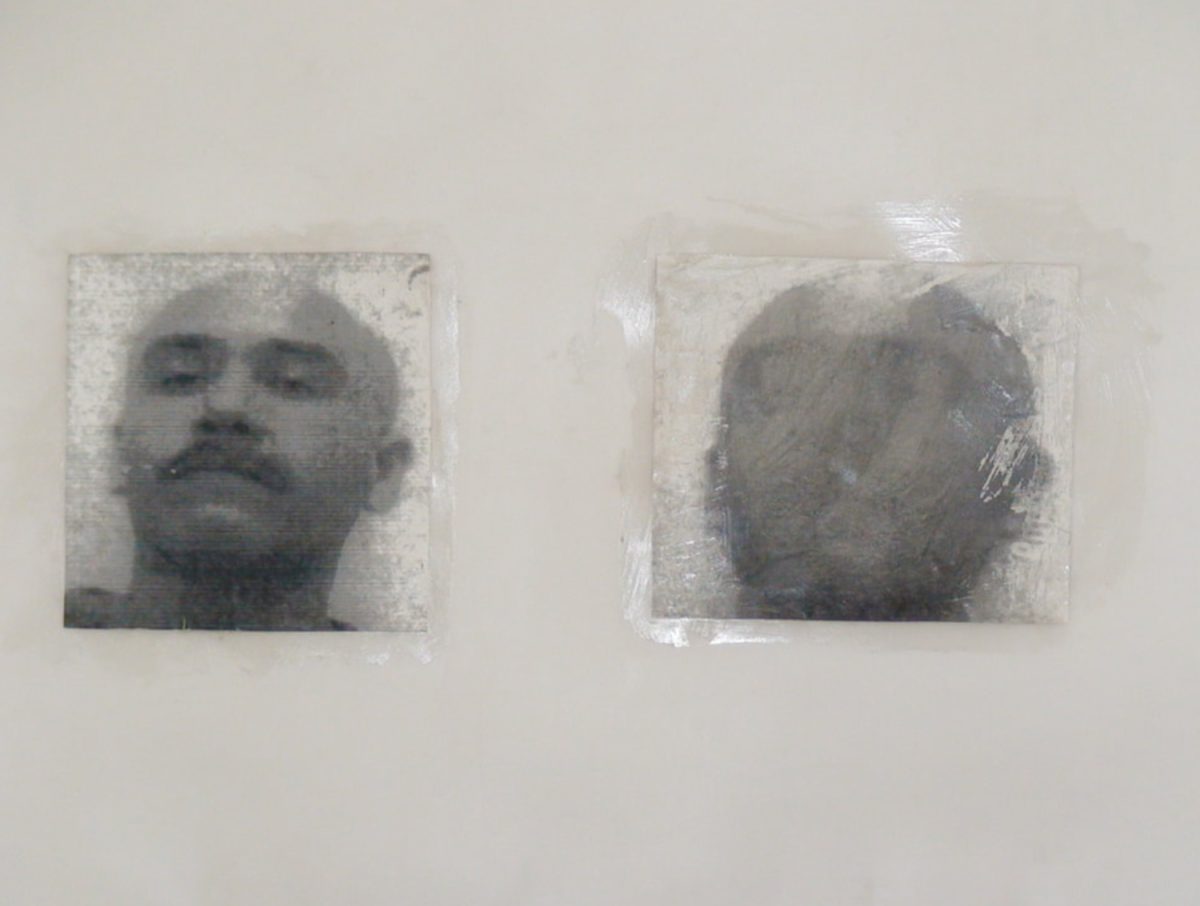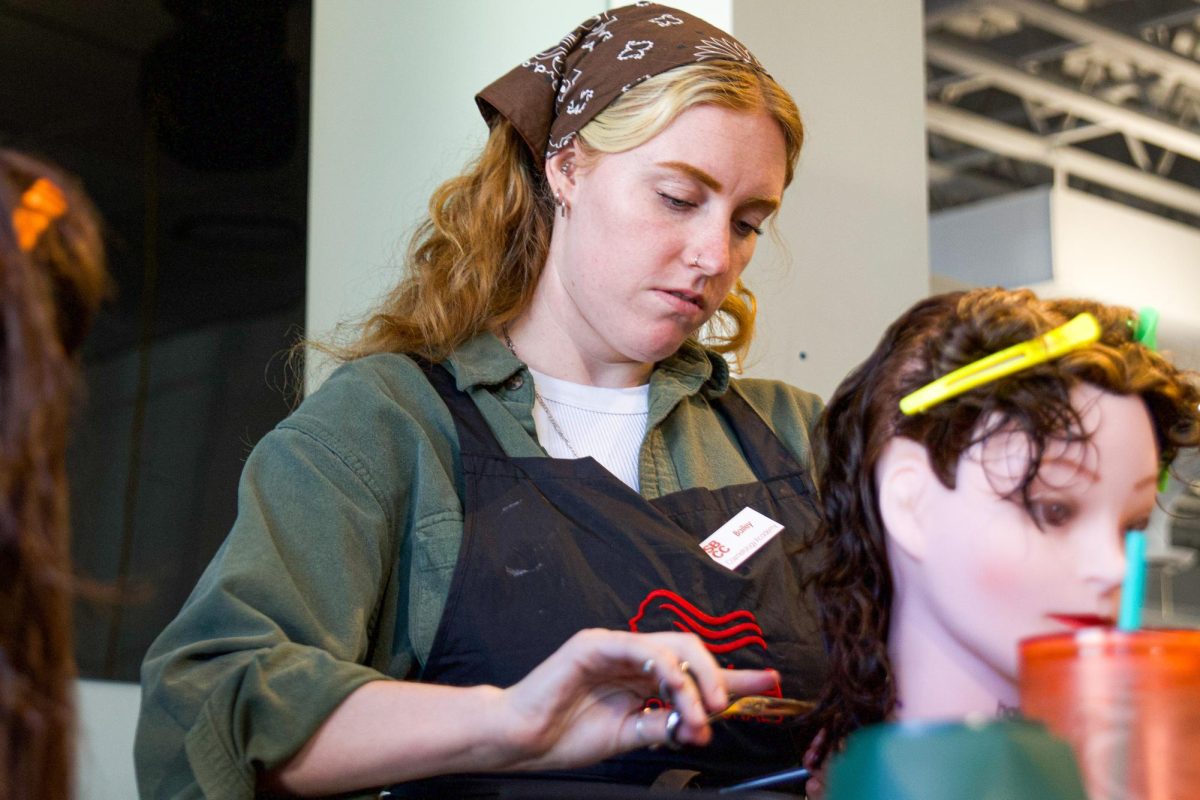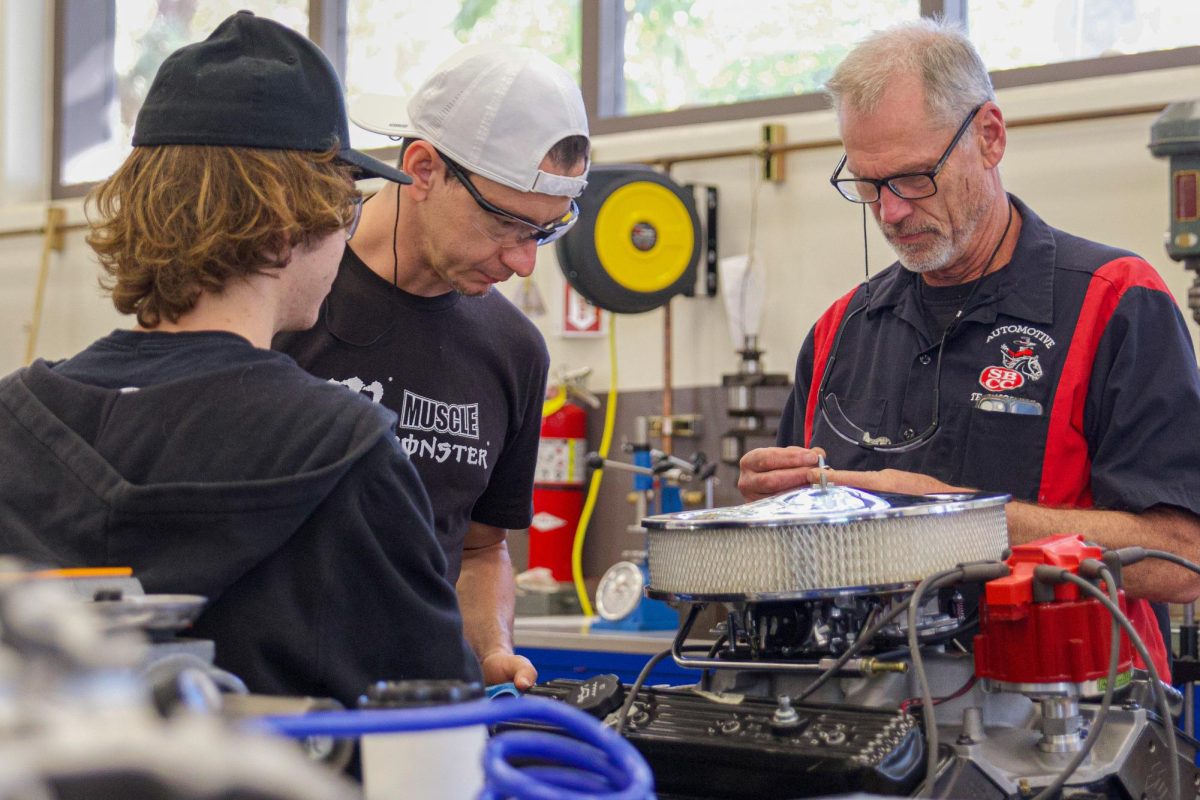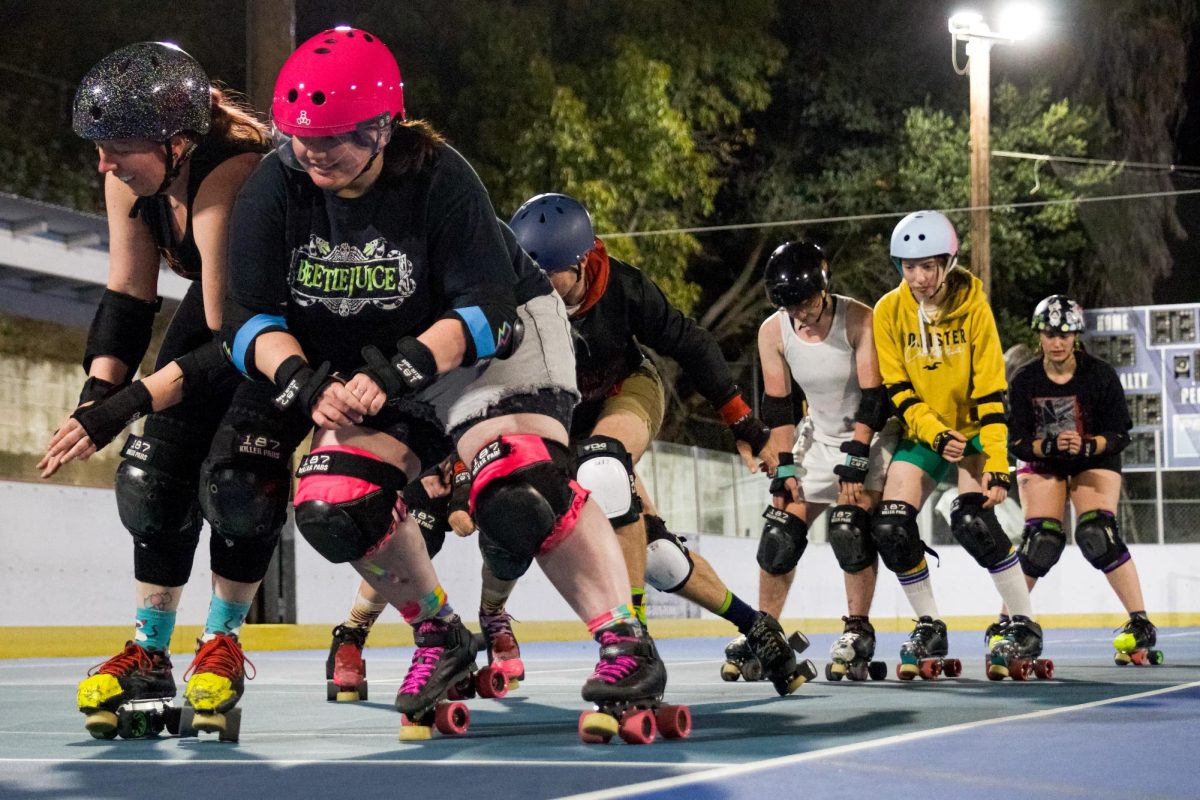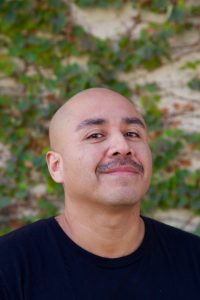
In his late 30s, Alberto Lule sat draped in state-owned clothes, wearing state-owned boots in a state-owned institution surrounded by constant violence, yelling, demanding, and shielding from life outside his cold, dimly lit prison cell. Today, he is a graduate student at UC Irvine who holds an undergraduate degree from UCLA and turned down offers from the University of Southern California and Columbia University.
Lule went from having nothing to his name, except a passion for art which he had developed in his adolescence to receiving a high education and holding his own art exhibits in New York.
“There was a point in time where I was charged with murder and a point in time where the DA wanted to charge me with capital murder which means I was eligible for the death penalty,” Lule said. “I feel like the combination of art and education within the prison space allowed me to reinvent myself.”
Growing up, Lule discovered his artistic talent at a young age and decided to foster it as soon as he could.
“I’ve always had a passion for art,” Lule said. “My dad taught me how to draw; he was not an artist but he was the first person to put a pencil in my hand.”
Practicing coloring within the lines quickly developed into coloring in freeway signs that hung dangerously above oncoming traffic.
“Towards junior high, I really got into street art and graffiti,” Lule said. “I would climb freeway signs and I would run into the divider into the freeways, I would scratch up buses. I loved that.”
As Lule grew up, his self-discovered artistic talents were temporarily put aside as his life took a turn and his priorities began to shift.
“The art classes I took in high school were the only classes I liked,” Lule said. “I really put all that to the side when I started to be involved in street gangs, selling drugs, stealing and I ended up going to prison.”
After about five years in prison, he found himself stuck in a room with four walls, nothing to do, and constantly depleting mental health.
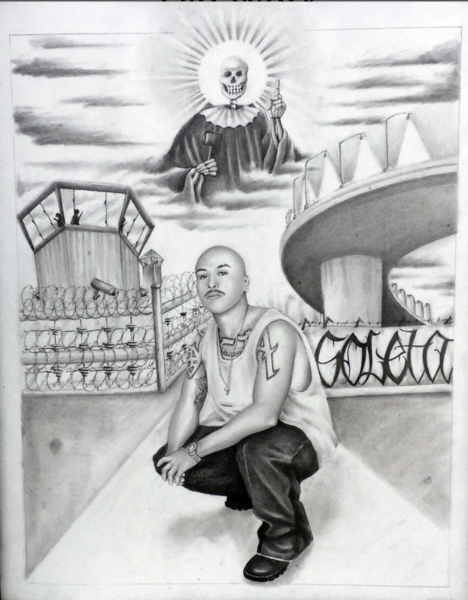
“I was in a space where I had nothing else to do but think; that’s when I started to really focus back on my drawing,” Lule said. “I started drawing the apples and oranges they would give us for lunch.”
The more time spent behind bars, the more difficult reality became to grasp for Lule. Although he had this passion for art, his reality remained grim–continuously living under the same authority, being forced to follow the same rules with seemingly no end.
“After 10 years, I would try to remember what it felt like to walk down the street and buy a Slurpee at 7/11,” Lule said. “But I couldn’t.”
Eventually, Lule found salvation in education. At a certain point, he was located at Ironwoods State Prison, where he had access to educational resources where he could return and foster his once love for art.
“I was taking college classes and I got good at it,” Lule said. “I was helping people pass their required courses and I started getting this reputation on the prison yard of being this guy that could help you with college stuff.”
After being relocated to other institutions that didn’t offer college resources Lule was forced to make the decision of envisioning what his future would look like after his incarceration term had come to an end.
“About a week after I was released, I enrolled at SBCC.”
Education was Lule’s salvation. He found a home at City College through the transitions program in which he was referred to through a close “homeboy” of his, JP Ramirez who works for the Alternatives to Violence Project.
“I found a small community of people that made me feel a little bit better about being on campus as a 40-year-old,” Lule said. “It was one of the scariest places I had been to and I’ve been to some scary prison yards. There’s nothing scarier than 19-year-old kids with their entire future ahead of them.”
Lule graduated from City College in 2018 and continued his undergrad at UCLA stating when he saw the acceptance to the University, he thought it “was a joke” and “ unreal.”
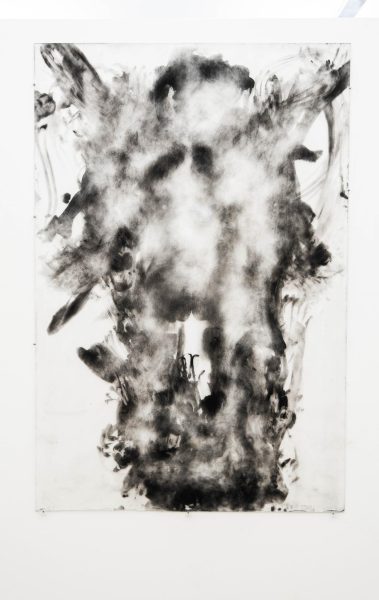
“I’ve been a full-time student since I got out in 2016. I feel [education] keeps me anchored in a way.” Lule said.
Lule’s commitment to education continues today as he explores his artistic endeavors and ambitions by hosting his own art exhibitions and delving into the social justice issue of mass incarceration through his work.
In addition to creating his own work and being a student full-time, Lule also contributes to raising awareness about mass incarceration by educating the youth.
“A lot of the research that I’m doing right now is implementing art lessons and creative writing activities at the Orange County Juvenile Hall,” Lule said. I aim to show how you shift the perspectives of [juveniles] themselves as criminals, and gang members to a perspective of artists, students, and critical thinkers.”
Lule himself knew from a very young age that his passion for art was unaltered and pure, but that is not to say life at times did not get the best of him. His reality from prisoner to artist and scholar offers insight into who Lule is today.
“Even though I’ve always been an artsy person, that person was taken over by someone who just wanted to fail and make mistakes.”
The dimly lit, gray prison cell Lule once wore his state-owned clothes and shoes in, fostered a highly educated, passionate, self-driven artist who refuses to let his past stand in the way of his undeniably bright future.
“In prison, I felt that I could reinvent myself and create a new identity, which was the artist,” Lule said. “Now I feel like anybody can get to where they want.”


